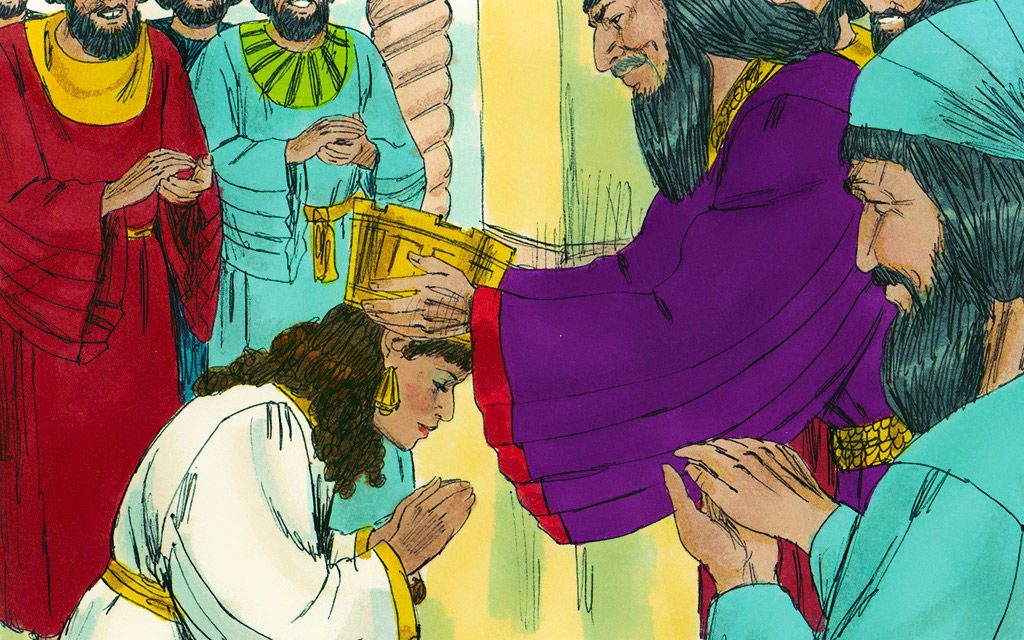As COVID restrictions have begun to ease, your church may have already started meeting in person again or may be planning to do so soon. How are you feeling about that?
Perhaps you’re an introvert, and as such in the past you haven’t always found it easy to socialise, particularly in large groups such as at church. Over the last year, maybe you have become comfortable with joining church virtually from your living room, and the thought of returning to church in-person makes you nervous.
With in-person services starting again in the coming weeks, I have found it helpful to remind myself of the benefits of meeting with the church family physically, and to think about some practical ways to make this an easier experience. Allow me to share some thoughts on this.
Physical fellowship is a blessing
“For where two or three are gathered in my name, there am I among them.” – Matthew 18:20
Although church is the people, not the building, scripture makes it clear that gathering with believers in person is important. It is a way to encourage one another and in doing so to glorify God. In the verse above, Jesus makes it clear that gathering with other believers is wonderful, it’s a powerful thing.
It’s also challenging to think of those Christians in countries where meeting together is illegal. We are so blessed here in the UK that we are not persecuted or prosecuted by authorities for publicly attending church. It’s something that I have definitely taken for granted in the past. I don’t know about you, but for me last year of having church online has put this into perspective.
Serve in small ways
Now there are varieties of gifts, but the same Spirit; and there are varieties of service, but the same Lord; and there are varieties of activities, but it is the same God who empowers them all in everyone. – 1 Corinthians 12: 4-6
I love this scripture from 1 Corinthians. Paul is stressing the point that we have different gifts which are of equal importance to the church. That means that even when I feel anxious about interacting with others, I can serve in small practical ways.
Why not consider afresh how you’re serving your church? Is there a rota you could put your name on, a simple way of helping out practically which would ease the burden on others? Speaking personally, I have found that finding practical ways to serve has helped me feel more at home at my church. It has helped to increase my confidence and helped me to see the small, yet important part I’m playing in the church as a whole.
This part of scripture is also a challenge to not attend church with a consumerist attitude of “what can I get out of this?” but rather to think “how can I serve? What can I give to the church?”
Commit anxieties to him
Do not be anxious about anything, but in everything by prayer and supplication with thanksgiving let your requests be made known to God. And the peace of God, which surpasses all understanding, will guard your hearts and your minds in Christ Jesus. – Philippians 4: 6-7
I know it’s a predictable point to make in a piece like this, but the importance of constantly and actively committing our anxieties to God cannot be stressed enough. It seems to be one of those things that we’re so used to hearing that it loses its meaning and sounds cliché.
He isn’t a far-off deity who created everything and then left it, he is a loving father, a tender friend, and he cares deeply about your anxieties. As you serve him in the church, in practical ways and through loving others, commit your burdens to him.
He tells us that we will receive the peace of God which surpasses our understanding. That’s a beautiful promise.


















